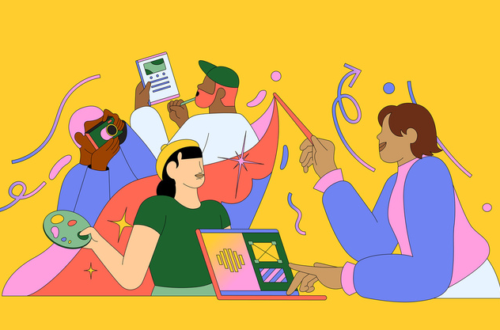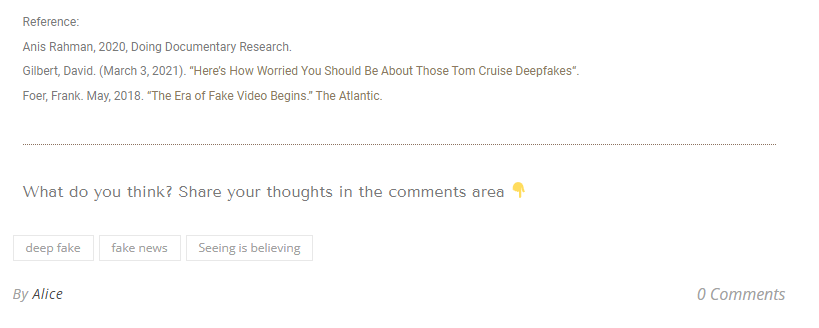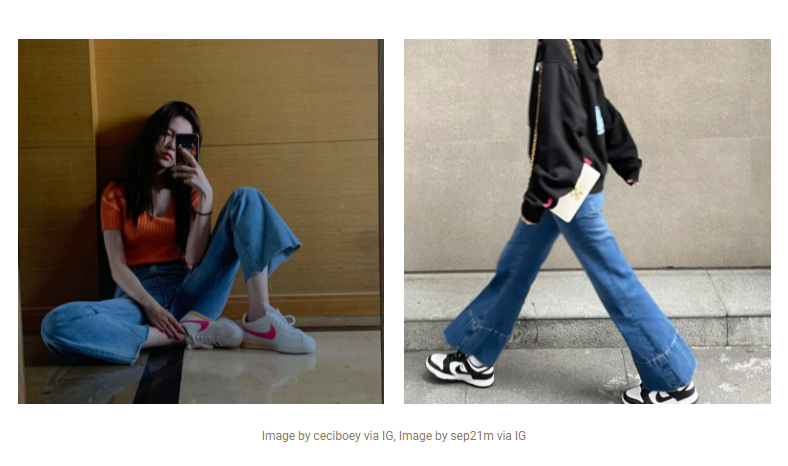
Process Post #8
Copyright and Online sharing culture
I think we are at an awkward moment. On the one hand, we are politically correct in respecting innovation and protecting creators’ legitimate rights and interests; The other side is the online sharing culture of sharing happiness and spreading culture. The rapid development of information dissemination brings convenience to people and also encourages the spread of piracy. Anyone who has access to the Internet can upload the books and recorded movies he has read to the Internet. One of the most difficult to judge is fan-made content. Fans do secondary creation out of their love for the content, but it is straightforward to touch on the issue of copyright. This week I had the opportunity to learn about copyright and compilation. In my opinion, copyright is used to protect anything created by others. Anything original needs to be protected. Then, through the lecture, I learned that copyright includes original and fixation to ensure the protection of other people’s creative works (Lecture 7). Next, I learned what compilation is through a case in this week’s reading. A compilation is a work formed by collecting and combining preexisting material or data (Henein, 2015). These materials or data are selected, coordinated or arranged in such a way that the final work as a whole constitutes the original authorship (Henein, 2015).
Through this week’s study, I believe that even though we are in an era of the culture of sharing online, we still need to have a good awareness of copyright. Because the most remarkable function of copyright is to protect the rights and interests of creative authors, after all, they should be rewarded for their energy, time, or money on creation. These economic benefits themselves can significantly stimulate people’s creative enthusiasm. If we do not pay attention to copyright protection, I am afraid that the number of people engaged in this kind of work will be significantly reduced, which will inevitably lead to a significant decrease in the number of cultural works available to the public. Therefore, in this sense, copyright protection not only provides a stable living environment for creators but also promotes the cultural prosperity of all humanity.
As a blogger who just started her blog career this year, I pay great attention to copyright awareness. I’m always clearly listing my references in the posts.
Finally, I would like to appeal to all of you to develop shared culture under the premise of respecting the copyright!
Reference:
Suzanne Norman, 2022, Lecture 7.
Henein, Peter. 2015. “You Say ‘Tomaydo’”, I say no copyright infringement: Recipe book not an original compilation” www.casselsbrock.com


You May Also Like

Process Post #4
February 27, 2022
Process Post #6
February 28, 2022

